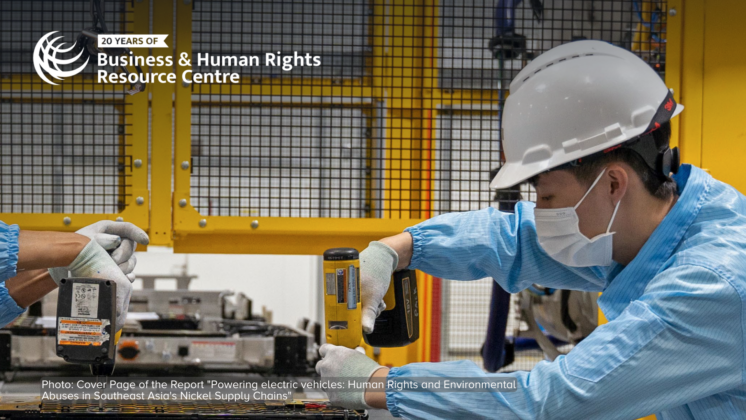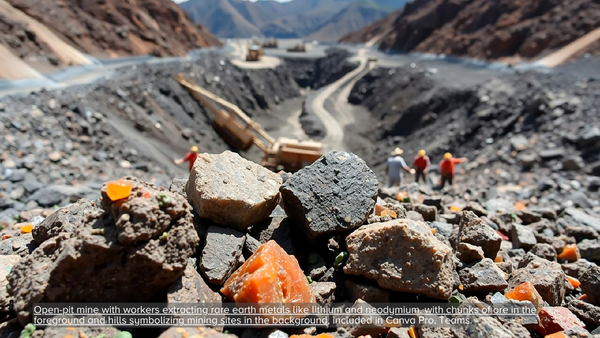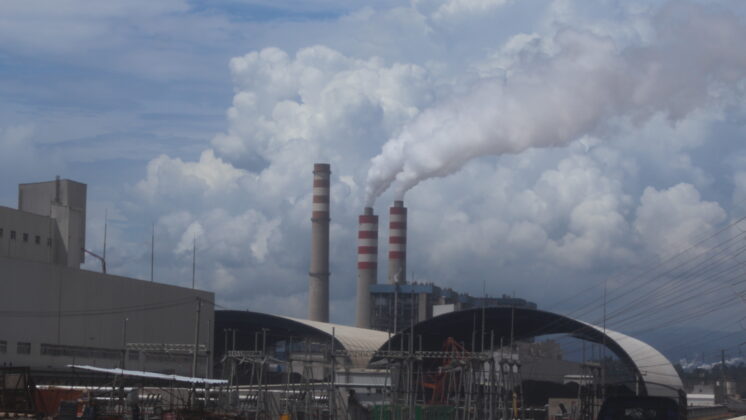The Business and Human Rights Resource Centre published a report entitled “Powering electric vehicles: Human Rights and Environmental Abuses in Southeast Asia’s Nickel Supply Chains” this month. The report sheds light on the significant risks associated with nickel supply chains in Indonesia and the Philippines, involving well-known companies like Panasonic, Tesla, and Toyota.

The case studies included in the report are the Rio Tuba Nickel Mining Corporation (Rio Tuba) in the Philippines and two Chinese companies operating in Indonesia (Zhejiang Huayou Cobalt and CNGR Advanced Materials).
The importance of implementing robust monitoring, as opposed to relying on voluntary measures controlled by the industry, is also highlighted in this report.
The report also urges battery and vehicle makers to make sure they are honoring their obligation to protect human rights as outlined in the UN Guiding Principles on Business & Human Rights (UNGPs), as they stand to gain from the rising demand for EVs. Mapping and examining their mineral supply chain, understanding the conditions under which important minerals for EV batteries are mined, and using their leverage to assure steadfast adherence to human rights at every stage of the supply chain are all necessary parts of the obligations. Additionally, it emphasizes the necessity of supply chain regulation by the government.









